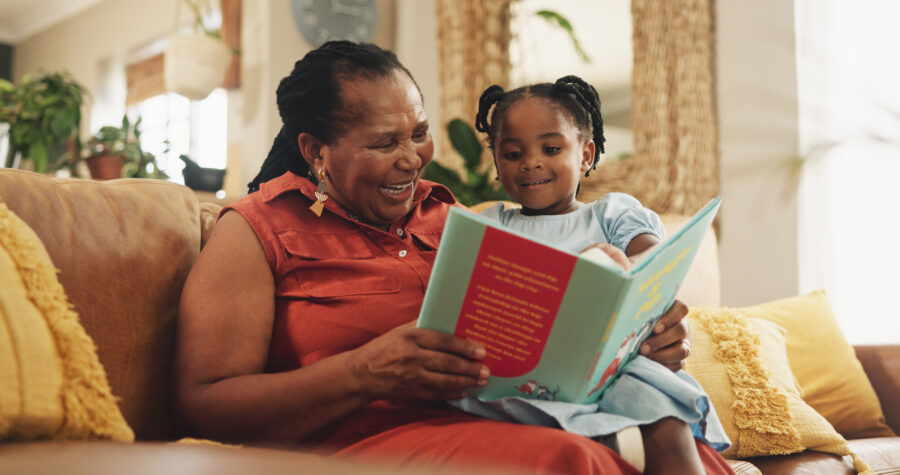

This article was published in Professional Adviser on 20 November 2025.
This month saw us mark National Grandparents Day on 5 October – a time to celebrate the invaluable role grandparents play in the lives of their grandchildren. Grandparents offer love, stability, life experience, and often vital day-to-day support to their families. Yet, for many, this cherished relationship is not guaranteed.
Sadly, it’s estimated that around 40% of grandparents lose contact with their grandchildren, most commonly as a result of family breakdown, separation, and/or divorce. These losses can be deeply distressing and leave grandparents feeling helpless and excluded from a central part of their lives. It is something I have witnessed far too often in my role as a family lawyer.
If you’re a grandparent who has been cut off from your grandchildren, it’s important to know that you are not without options. Whilst there’s no automatic legal right for grandparents to see their grandchildren, the family courts in England and Wales do recognise the importance of these relationships and, in many cases, are willing to intervene to help maintain them.
Step one: communication and mediation
Before turning to court, the first step is to try and resolve matters amicably. Open but direct communication with the child’s parents is encouraged, and in many cases, it may be possible to reach a private agreement without the need for formal legal proceedings.
If direct conversations are not sufficiently productive family mediation can be a useful alternative. Mediation is a voluntary process where a neutral third party helps families reach agreement in a constructive and confidential setting.
Mediation can help clarify misunderstandings, reduce conflict, and create a workable plan for maintaining contact. It’s also a necessary step before making a court application, unless exemptions apply. A number of family lawyers are qualified mediators and, if they are not, they can point you in the direction of qualified mediators who will be able to assist.
Step two: applying for a Child Arrangements Order
If attempts at communication or mediation are unsuccessful, grandparents can apply to the Family Court for permission to seek a Child Arrangements Order. It’s important to address this promptly.
This type of order can determine who a child lives with, spends time with, or otherwise has contact with. While parents and others with parental responsibility can apply directly, grandparents must first ask the court for leave (permission) to apply.
When assessing whether to grant leave, the court will consider:
The nature of the grandparent’s relationship with the child
The reason for the application
Whether the application might be harmful to the child in any way
In my experience as a family solicitor, courts are generally supportive of grandparents maintaining a relationship with their grandchildren, especially where there is a close pre-existing bond. However, each case is considered on its individual merits, and the child’s welfare will always be the court’s paramount concern.
Once permission is granted, the court will then decide what arrangements are in the child’s best interests. It may make an order specifying when and how contact should occur, which can include in-person visits, phone calls, or video calls.
Applications are more likely to succeed when the grandparent previously had a strong, positive relationship with the child, there is clear evidence that contact would benefit the child emotionally or practically and when the grandparent is willing to work with the parents and act in the child’s best interests.
Hostile family dynamics or allegations of poor conduct can complicate matters, but these do not automatically bar contact. The court’s focus remains on what will best serve the child.
Providing financial support to grandchildren
In addition to emotional support, many grandparents wish to help their grandchildren financially – through gifts, savings, or contributions towards a property purchase.
To ensure this support directly benefits their grandchild and remains within the family, grandparents might consider asking grown up grandchildren and their partner, to sign a cohabitation agreement and/or nuptial agreement to protect those gifts from a claim upon divorce or separation. For example, if a grandparent was helping towards a deposit towards a house purchase.
Final thoughts
Grandparents often play a vital and nurturing role in children’s lives and losing that connection can be painful for everyone involved. While the legal system does not guarantee grandparents automatic rights, it does offer routes to re-establish contact when family breakdowns occur.
If you’re a grandparent facing this situation, know that you’re not alone and that professional advice and support are available. With careful guidance and a child-focused approach, it is often possible to rebuild those precious relationships.










